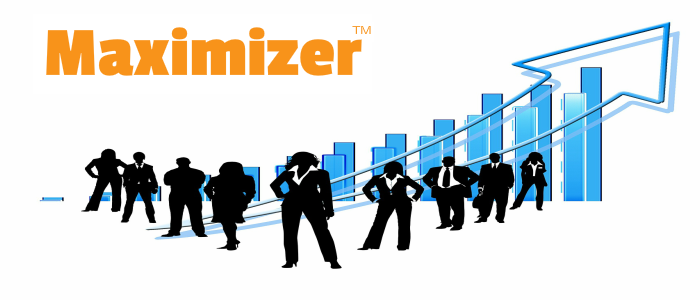Outside In or Inside Out?
Most people I’ve met over nearly three decades of recruiting seem to choose a profession and a career path to follow before they determine exactly who they are, how they’re built and how they are uniquely gifted. I’ll call this Self-Awareness. Self-Awareness leads to Clarity.
When a career path decision is made correctly, a person is positioned to deliver the best possible version of themselves to everyone around them.
When this decision is not made correctly, people are promoted to levels where the technical skills that got them to a certain level of engineering or architectural accomplishment are no longer enough to achieve the same level of success as they continue to rise in an organization.
As promotions occur, and as promotions are achieved, required skills change. These new roles require people skills, exceptional communication skills, soft skills, influencing, empathy, humility, negotiating, persuasion, collaboration, partnering skills, and more.
Outside In
For those who chose or stumbled into what is now Cybersecurity, early on, it was like stepping into the “Wild West”. Judging from the multitude of Cybersecurity job descriptions I see on a daily basis, the “Wild West” analogy fits quite well.
Employers rarely know what they're doing when hiring Cybersecurity talent. Cybersecurity professionals deliver communication to their audience that does not align with the way their audience communicates.
By jumping into the water and catching a fast-rising wave, many brilliant Cybersecurity technologists were promoted to Manager, Director, Vice President, and CISO titles. While this might appear to be a great accomplishment on the surface, it might not be such a great accomplishment after all.
The high-IQ driven, cognitive intelligence, analytical, linear thinking skills that cause a person to be great at addressing hardcore cyber technology issues are not the skills generally required for success at the Manager, Director, Vice President or CISO levels.
Inside Out
A better approach to choosing a career path begins with gaining a clear picture of who you are and what your unique giftedness translates into. Are you gifted to lead, guide, manage, mentor, and influence others? If you are, you may have what it takes to be someone’s outstanding boss. For most people, these skills don't come naturally but they can be developed.
On the other hand, if your unique giftedness is made of strategic thinking skills that reside in your head where nobody else can see them or experience them, you’re most likely gifted to be a great technologist or technology architect.
Finding out how you are uniquely wired is the key to knowing whether you should go straight, turn left or turn right at a various point in your career path.
Peter Principle
“The Peter Principle is a concept in management theory formulated by educator Laurence J. Peter and was published in 1969. It states that the selection of a candidate for a position is based on the candidate's performance in their current role, rather than on abilities relevant to the intended role. Thus, employees only stop being promoted once they can no longer perform effectively, and "managers rise to the level of their incompetence".
The Peter Principle runs wild in the “Wild West” of Cybersecurity. You owe it to yourself to discover what you are naturally built to be great at. You’ll appreciate what you can accomplish when you align your natural giftedness with your chosen work and so will those around you.
Change Your Life Today
Cybersecurity professionals come to me on a daily basis with questions. It seems that in many cases, they don’t know when to go straight, when to turn left or when to turn right.
Nothing is more satisfying to me than to help a person who sincerely wants to know, to determine how they are uniquely gifted so I can map their unique giftedness towards the right career path.
Choosing the right career path has potential to result in greater job satisfaction, higher earning potential, improved productivity, improved relationships, and lower stress.
Who wouldn’t want a better job fit, more income, a greater sense of accomplishment, more quality working relationships and all with less stress?
Use this link to schedule a strategy call with me so I can get you started on the road to Clarity and Discovery.
Jeff Snyder’s, Jeff Snyder Career Coaching Blog, 719.686.8810



















